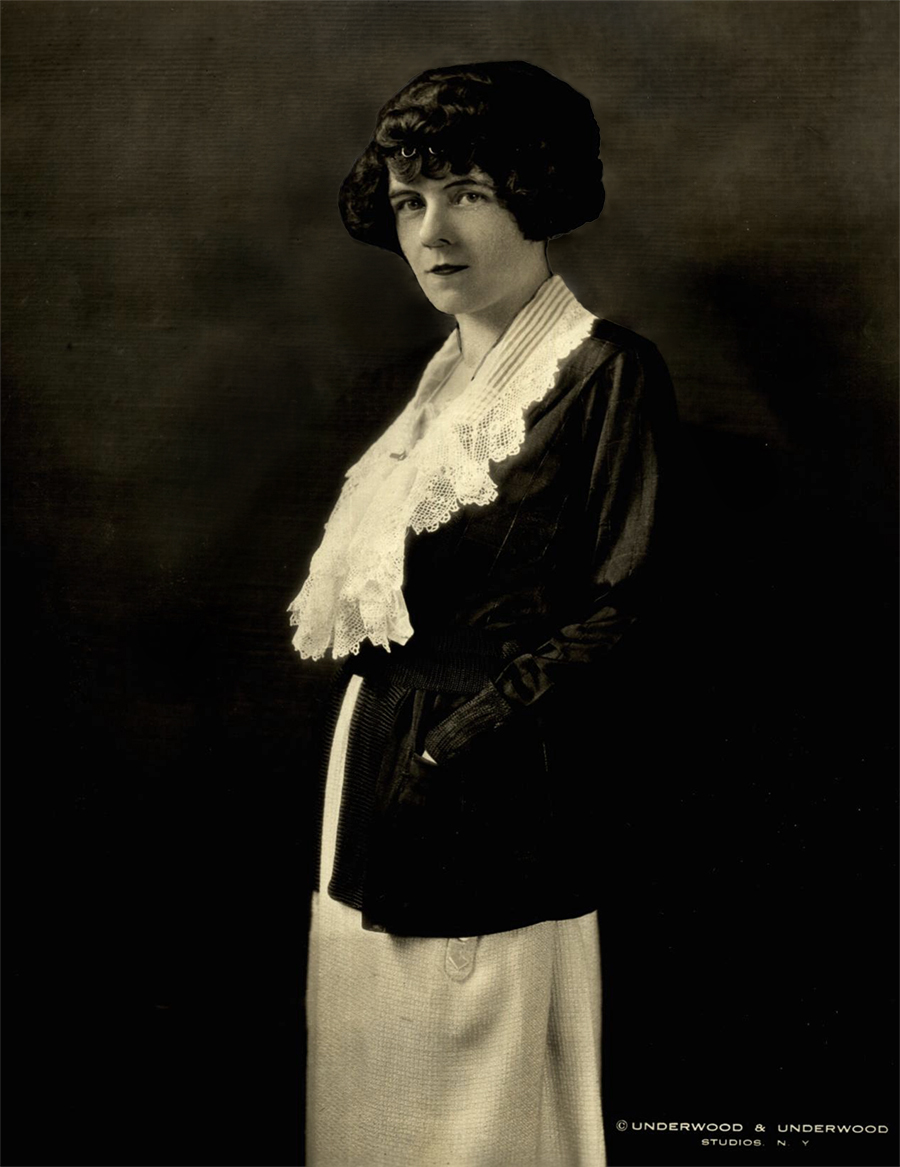
POETS LAUREATE.
The Greeks bequeathed to the western world the notion of state recognition of poetic achievement through the awarding of a laurel wreath, the recipient thus known as a poet laureate. In the early twentieth century American states began to designate their native poets as laureates, and Oklahoma was the seventh to do so when Gov. John C. Walton appointed Violet McDougal as the state’s first laureate in 1923. Clearly, in the early years residents thought it important for the young, Western state to be known as a civilized, cultured place. Since that time Oklahoma has recognized thirteen poets, and the position has always been honorary, with no explicit or even implicit expectations upon the poets to compose official poems or to recite for state occasions.
The laureates have been fairly representative of the state’s population and culture, although the first ten were born before statehood. Although only six were born in Oklahoma (and one in Indian Territory), several had pioneer roots; for example, two of the poets’ fathers made land runs, and a covered wagon brought a young Delbert Davis (laureate 1963–65) to Oklahoma in 1889. From the obverse of history, Anne Semple’s (laureate 1944–45) paternal great-grandparents died on the Choctaw trail of tears, orphaning her grandfather, and Maggie Culver Fry’s (1977–95) mother’s family was removed from Georgia with other Cherokees and walked to Oklahoma in 1837. Of the fourteen laureates, eight have been women, nine have hailed from the eastern half of the state, eight have been professional educators, only one has been a professional writer, and two published no volumes of poetry. Many have been, as Ann DeFrange, staff writer for the Daily Oklahoman, noted, “white-haired ladies and delicate literary men” (July 18, 1999). Ten of thirteen have been over age fifty-nine when appointed, with Leslie McRill the oldest, eighty-four when commissioned by Gov. Dewey Bartlett in 1970.
With a few notable exceptions, Oklahoma’s poets laureate have tended to compose brief, often rhymed lyrics, frequently in praise of nature, specifically the landscape. They have often expressed an understanding, even a valorization, of Oklahoma history, writing in a nostalgic tone. They are more often celebratory than subversive, affirming the traditional virtues of family, community, and religion. Since 1994, when state law regularized the process, the governor has appointed poets laureate in odd-numbered years for two-year terms. The names are drawn from lists provided by the Poetry Society of Oklahoma and other organizations. In the order of their appointment and service, the poets laureate include: Violet McDougal, 1923–31; Paul Kroeger, 1931–40; Jennie Harris Oliver, 1940–42; Della Ione Young, 1943–44; Anne Semple, 1944–45; Bess Truitt, 1945–46, then emeritus; Delbert Davis, 1963–65; Rudolph N. Hill, 1966–70, then emeritus; Leslie A. McRill, 1970–77, then emeritus; Maggie Culver Fry, 1977–95; Carol Hamilton, 1995–97; Betty Lou Shipley, 1997–98; Joe Kreger, 1998–2001; Carl Sennhenn, 2001–03; Francine Ringold, 2003–07; N. Scott Momaday, 2007–09; Jim Weaver Barnes, 2009–11; Eddie Wilcoxen, 2011–13; Nathan Brown, 2013–15; Benjamin Myers, 2015–17; Jeanetta Calhoun Mish, 2017–21; Joe Russell Kreger, 2021–23; and Jay Snyder, 2023– .






